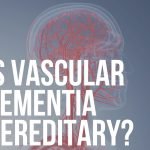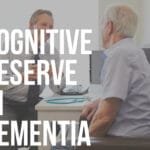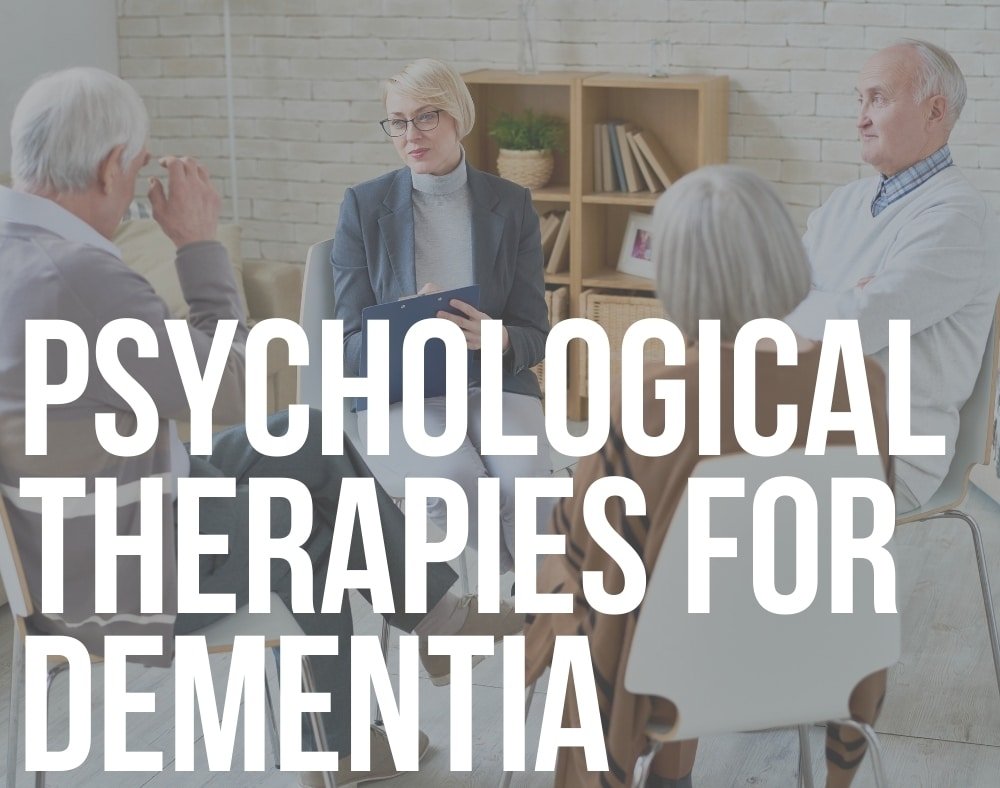After suffering a stroke, many people will end up with post-stroke dementia (PSD).
This can be any type of dementia from Alzheimer’s disease, vascular dementia, degenerative dementia, mixed dementia or stroke-related dementia.
Contents
Post-Stroke Dementia Review
PSD is a common occurrence after a stroke covering for about 6%-32% of the cases.
However, not everyone who has suffered a stroke will end up with dementia.
Others will experience a degree of cognitive impairment that is not severe enough to be categorized as PSD.
ResearchGate reveals that many people will experience mild cognitive impairment after a stroke which may or may not progress to dementia.
Cognitive Impairments
Cognitive impairments are generally divided into several domains that include:
Attention
This can generally be defined as shifting, focusing, sustaining, or dividing attention on a particular task or stimulus.
Executive Function
This has a lot to do with abstract thinking, planning, conflict monitoring, inhibition, and organization of thoughts.
Memory
This mostly affects a person’s ability to recognize or recall verbal or visual information.
Language
It primarily affects an individual’s ability to be receptive or express themselves through language i.e. reading and writing comprehension.
Social Cognition
This defines the recognition of a person’s or other people’s emotional state as well as an understanding of the mind’s theory.
Perception and Praxis
For the most part, it primarily affects visuospatial abilities, apraxia, prosopagnosia, and agnosia.
Post-stroke cognitive impairment (PSCI) can be described as a failure in the cognitive domain that happens after a stroke.
Cognitive impairment is a threat to post-stroke recovery for persons of all ages. It can compromise a person’s ability to continue working hence the need to be dependent on others at an early stage.
Unlike physical disability that is caused by stroke, cognitive function normally becomes worse over time.
While cognitive problems usually become worse during the first months after a stroke, there is a chance they can become better as the brain starts to become more active in trying to repair itself.
It is a complicated process because recovery can start to slow down after six months.
Even when cognitive problems do not go away completely, they normally get easier to live with.
This is especially the case when cognitive issues do not lead to dementia.
What Causes Cognitive Impairment

Cognitive issues occur because of the damages that happen to the brain.
Different brain sections are responsible for controlling different aspects.
If one of the areas that control cognition is damaged by stroke, this can affect the way a person does certain things.
Cognitive challenges are quite common after a person experiences post-stroke dementia.
Risk Factors for Post-Stroke Cognitive Impairment

After a stroke, the risk factors for cognitive impairment are usually associated with an overlap of dementia and frequent cerebrovascular diseases.
Some of them include:
1. Age: this is a risk factor for both cognitive decline and dementia. The prevalence of cognitive decline increases significantly after the age of 65 according to research by the American Stroke Association.
2. Vascular risk factors like diabetes, smoking, hypertension, and atrial fibrillation increase the risk of cognitive impairment.
3. Recurring strokes are also documented as a risk factor for cognitive impairment.
4. Education level: this is a conflicting risk factor with some studies suggesting that higher education is related to better cognitive performance.
Diagnosing Cognitive Impairment after Stroke

A neuropsychological examination is one of the methods that is used to assess cognition after a person suffers from a stroke.
In clinical practices, this is conducted from one week to a month after the stroke.
It is different when it comes to research because the examination is performed three months after a stroke.
In some cases, it may not be possible to conduct a neuropsychological examination for persons who have had a stroke because they may be too fatigued or disabled to go through with it.
Shorter screening tests are done as an alternative in such cases for both research and clinical purposes.
Early detection of cognitive impairment is critical because it may help reduce the chances of progressing to post-stroke dementia.
Treatment and Management Options

When it comes to treating cognitive impairment caused by post-stroke dementia, the main options include strategies that range from preventing white matter changes, new strokes, to treating underlying vascular risk factors hypertension.







